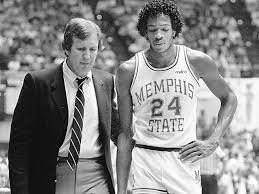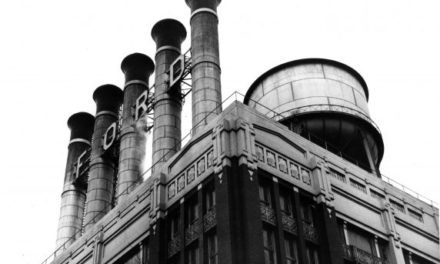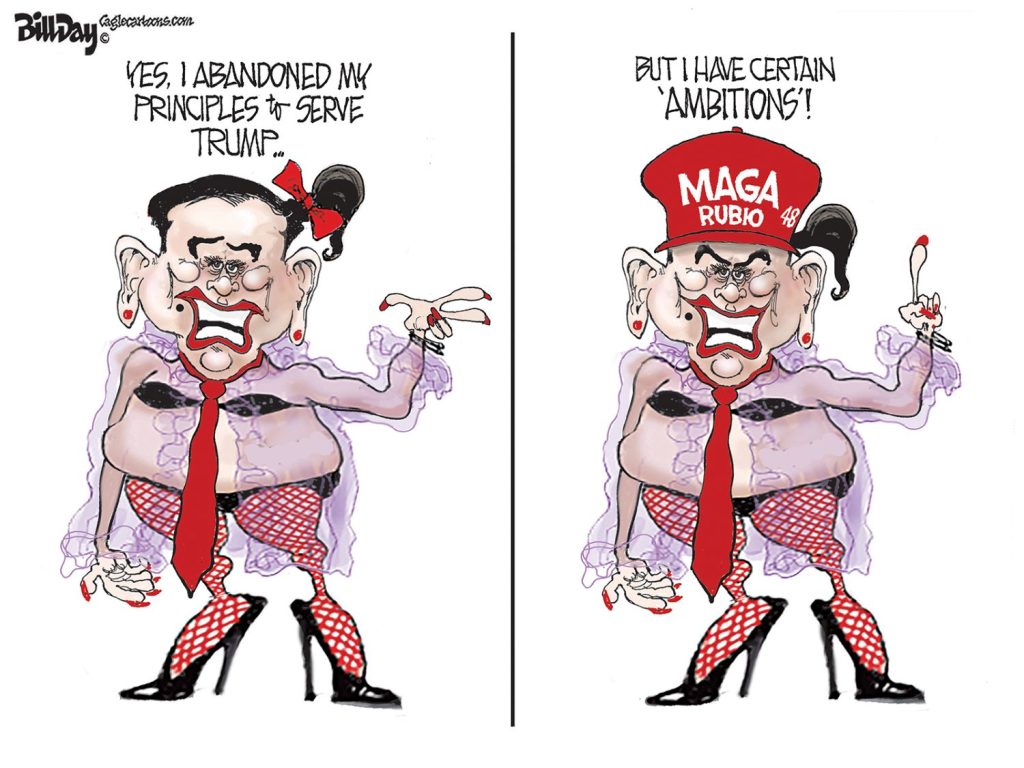By John Branston
WARNING! Boring post ahead. Nothing to see here.
Memphians don’t vote as much as they did four years ago, and not nearly as much as they did 35 years ago or pick-a-number years ago.
Eligible voters stay away from the polls as if they fear getting Covid, especially when a mayor is being elected like last year, but also when a president is being elected like this year. In the 2023 mayoral election, the winner got some 28,000 votes. In 1991, the winner got 122,000 votes give or take a few (as if a few votes could matter). The loser got 122,000 too, give or take a few (as if a few votes could matter).
Turnout is bigger in presidential elections but also declining since Bill Clinton and Al Gore were candidates and Tennessee’s electoral votes mattered.
Political candidates don’t care about voter apathy because the smaller the turnout the greater their chance of winning. Or losing, and at least getting their name out there. The current mayor, Paul Young, got elected with 8 percent of the registered voters. Facebook influencers have more followers than that.
The media don’t care because apathy is boring. Shaking a finger of shame at people for not voting is not a good way to get clicks on your story and become an influencer or get a job at The New York Times. Apathetic people don’t want to be interviewed, especially about voting and elections.
The Times ran a story last week about voter disenfranchisement in Tennessee – a word with five syllables and 18 letters and no emoji. It means taking away someone’s right as an American citizen to vote. The sleuths at The Times found 500,000 people in Tennessee that have suffered the dirty deed because they are convicted felons. But only one of them was interviewed at length. The disenfranchisers are white men and women in the Tennessee Legislature in Nashville. You can look it up.
To make apathy a news story it cannot be blamed on the apathetic, it must be blamed on someone or something else. Good places to look are polling places, but only if they are run by meanies with an agenda who hide ballots or miscount them, or Nashville, preferably white men from Middle Tennessee or East Tennessee with a grudge against Memphis.
To be fair, some changes in voting have been made over the years. The biggest one was in 1991 when a federal judge in Memphis struck down the majority provision to win a mayoral election and some City Council elections because it was unfair to Black candidates. That made Willie Herenton a winner with his 49 percent of the vote but it also made Paul Young a winner with his 27 percent of the vote last year (more than 16 other candidates) and Jim Strickland, who is White, two-term mayor before Young even though he did not get 50 percent.
Changes have been implemented (more early voting) and proposed (ranked choice voting) but they are based on the dubious assumption that people who don’t care about voting will vote if you make voting more convenient or more complicated. What might work is a change that involves monetary rewards, celebrities, food freebies, social media and Smartphones – none of which has an apathy problem.
Otherwise, don’t blame the apathetic. They don’t care.
**
If you want to register to vote, see this from The Washington Post:
How to check if you’re registered to vote before your state’s deadline – The Washington Post
**
John Branston covered Memphis as a reporter and columnist for 35 years.







Apathy is a response or reaction. What reasons would local voters have for being apathetic?
Nice article. Hard to imagine that this November election is boring — but I guess anything is possible in Tennessee.
Anon: I do not know. I wonder if the number of registered voters is overstated because it takes a bit more time and trouble to register than it does to vote. And if there was voter suppression or monkey business in registration I would think the political pros would be squawking about it, no?
jb
jb, I wonder the same. The perps would have to be REALLY good at voter suppression which, as a local, would be quite flattering given the time and money necessary for little ole’ us. At least the powers that be say as much, but they would, wouldn’t they?
Just to be a contrarian: can apathy be a vote in and of itself if it reflects a conscious decision? If a voter believes that the impact of voting will yield the same result regardless of outcome, is there a reason to vote? Fundamentally similar to voting in single party “democracies”.
Also, I am not given an ‘abstain’ option if I believe all the candidates are so fundamentally flawed that I cannot bring myself to vote for any of them. Would providing a “try-again-@ssh@ts-but-with-better-candidates” option boost turnout?
WARNING: DIGRESS AHEAD. A “NOPE” option could provide other benefits. Not saying this is where national politics currently stand, but if one candidate can be bat-@#$%-crazy, shouldn’t we assume and be prepared for a situation where they were BOTH like that? I didn’t think it possible, but it turns out there are surprisingly few safeguards preventing an election boiling down to Kane and Kodos (something “The Simpsons” foretold back in 1996).